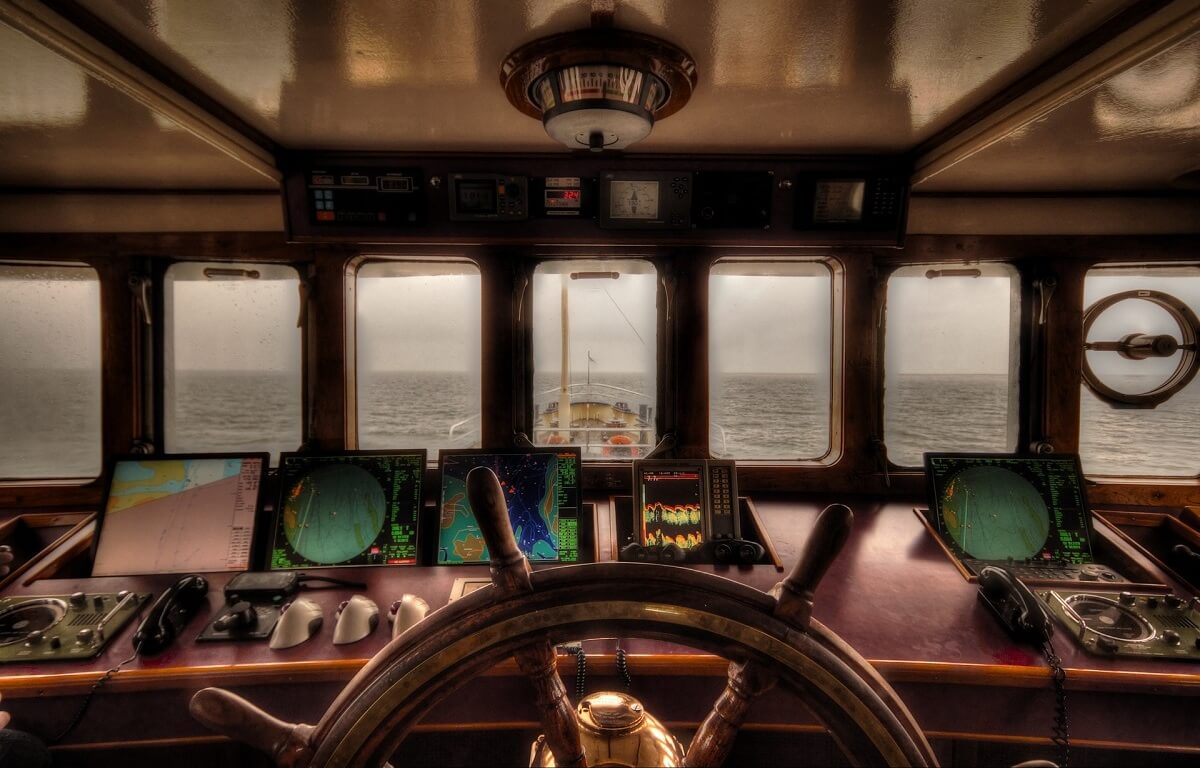From mythical creatures living underwater to sharks attacking boats in deep sea, there have been plenty of laughable myths in the boating world. We have many students ask us questions about boat handling, maintenance and user safety that have little grounding in the real world. So, today we thought it would be best we compiled all of your questions and set the record straight once and for all.
Here are some of the most common boating myths we’re dispelling today!
1. Stainless steel doesn’t rust
Okay, we know it’s called stainless steel, but the name is a misnomer. Steel does rust and that’s why maintaining your boat is that much important. The chromium content in the steel reacts with oxygen to create a layer of chromium oxide—which is science for rust. Most boats make use of alloy steel with higher nickel content. This helps their boats avoid corrosion in salty waters.
2. If ethanol gas is fine for my car it should be fine for my boat
Cars travel much faster than boats. Car fuel compartments are also enclosed and come in little contact with water. But boat tanks are open to the atmosphere and let in enough moisture content to mix with your leaked fuel. When ethanol and water combine, they create the perfect recipe to damage your boat engine.
3. Your boat is safe on the shore
We get this question so many times, we felt it was important to address it here. Even if your boat is on land and is not going to sink, it can get inundated with water during stormy weather. In case of a hurricane, your boat engines and electronic parts are at high risk. So, it’s best you hide your boats away from the open sky.
4. Drinking on board is fine if you’re not driving
Lots of people who go on recreational boating trips want to enjoy some alcohol. So, they designate a driver who isn’t drinking. However, there have been cases where tipsy passengers have fallen off and what’s worse is that many of them cannot swim in their inebriated condition. We suggest it’s best if you save the drinking for when you’re back on the dock.
5. You don’t need a life jacket if you’re a good swimmer
About 90 percent of people who drown in boating incidents do so because they’re not wearing a life jacket. Do not risk your life like that. You never know when Mother Nature could strike and make it near impossible for you to swim in rough waters.
When it comes to boating, we always preach safety first. If you’re interested in getting your boating license you can sign up with Boater’s Academy and get online lessons approved by NASBLA and the US Coast Guards. All boating safety lessons are in line with your state’s regulations!


